I'm wondering about network TV coverage of Iraq and, in particular, visits to Baghdad by news "stars", or decisions not to visit by other news "stars".
One "star" admitted during his recent visit that he couldn't get outside "the wire" (military zone) as it was too dangerous. He did get a helicopter ride with a General.
The other "star" decided not to go to Baghdad after all.
In both cases, TV audiences learned nothing new about what is happening in Iraq. So why did our first "star" choose to go? To boost ratings? The "star" already has a correspondent on the ground in Iraq and HE gets outside "the wire". Maybe the network doesn't think the correspondent has "star" power, even though he is an excellent reporter.
In the past, wars have been perfect, visually, for television coverage and have made "stars" out of correspondents. But the war in Iraq is no longer the perfect TV story largely due to the "star" machinery.
TV reporters find it difficult to leave their hotels. They have to do all of those live shots on the latest bombings in Baghdad.
The TV bosses in New York and around the world are still determined to make "stars" out of this war so reporters must be on the air frequently, not lost on some embed for days. It's all about face time.
Print and radio reporters, as well as photographers, not usually "stars", find it easier (and obviously more rewarding) to wander away from their bureaus in search of stories.
But it's the TV "stars" who still get the preferential military treatment. They're often granted the "big" interviews. Their requests for anything from escorts to accommodations can tie up military media handlers for hours, or even days.
It seems inefficient for the military to allot so much time to helping TV personalities make names for themselves, when there are other journalists risking everything to tell the story.
Monday, March 12, 2007
Subscribe to:
Post Comments (Atom)
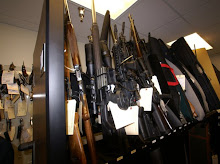
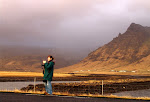
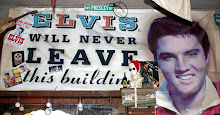

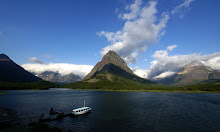
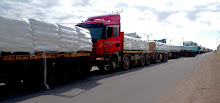
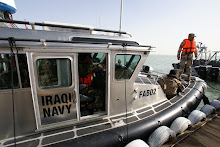

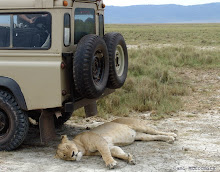
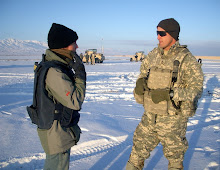



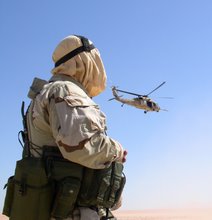
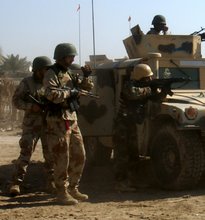
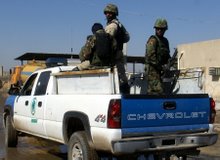
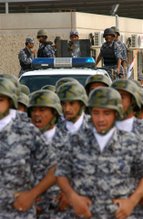
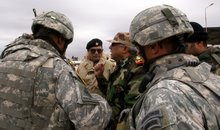
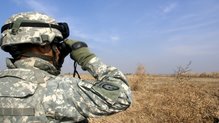
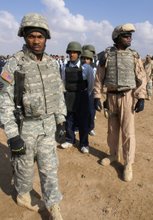


No comments:
Post a Comment